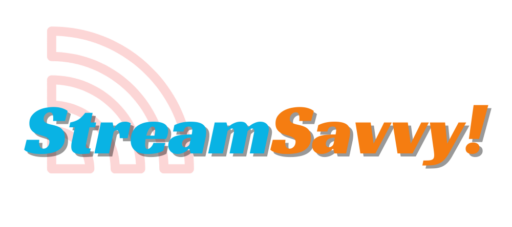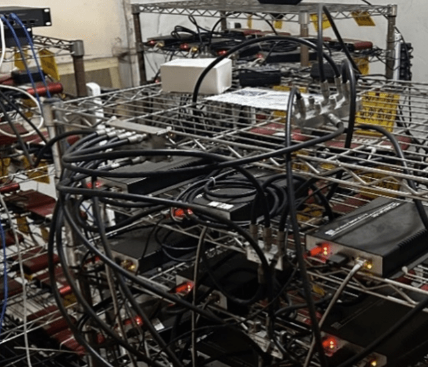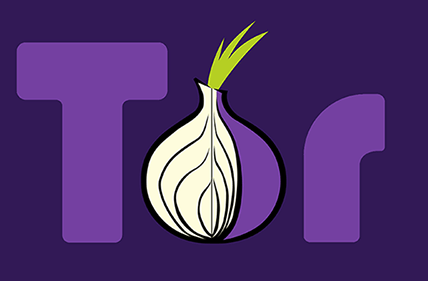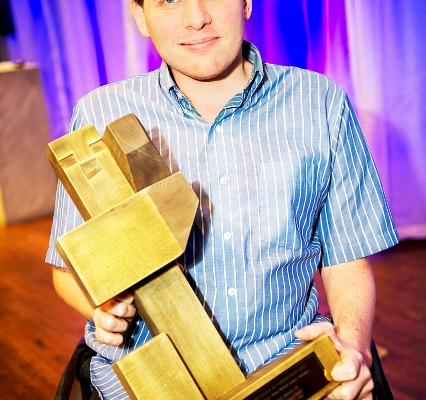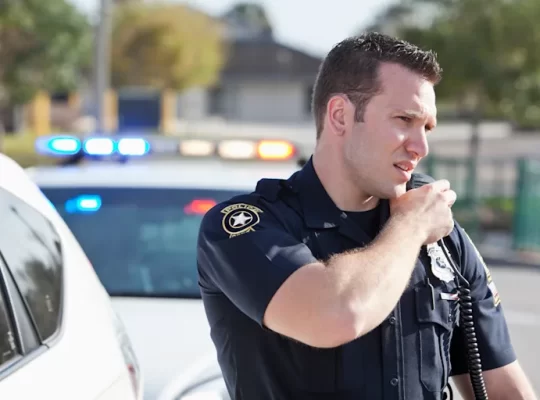It seems like OpenAI is facing some legal challenges regarding the use of pirated copies of books to train its language models, with several authors, including Sarah Silverman, taking legal action against the organization. These authors are asserting copyright infringement claims and alleging violations of the DMCA due to the unauthorized use of their works.
OpenAI’s response appears to be a motion to dismiss most of the claims brought against them, indicating that they disagree with the allegations made by the authors. This suggests that OpenAI is contesting the basis of the claims and seeking to have them dismissed by the California federal court.

It will be interesting to see how the court rules on OpenAI’s motion to dismiss and whether any claims will proceed to further legal proceedings. This case could have implications for the use of copyrighted material in training AI models and may set precedents for similar disputes in the future.
OpenAI’s response to the lawsuits filed by the authors raises important questions about the use of copyrighted material in training AI models. The authors allege that OpenAI engaged in copyright infringement by using books sourced from pirate sites without permission, and they are seeking legal recourse for damages.
However, OpenAI argues that the claims made by the authors do not have a legal basis and should be dismissed. They assert that none of the legal theories presented by the authors condemn the conduct attributed to OpenAI in training their language models. OpenAI is requesting the court to dismiss the claims to avoid proceeding to discovery and further legal proceedings based on what they consider legally invalid theories of liability.
This case underscores the complexities surrounding the use of copyrighted material in AI development and raises questions about the extent to which AI-generated content can be subject to copyright protection. It will be interesting to see how the court rules on OpenAI’s motion to dismiss and how this case may influence future discussions and legal decisions regarding AI and copyright law.
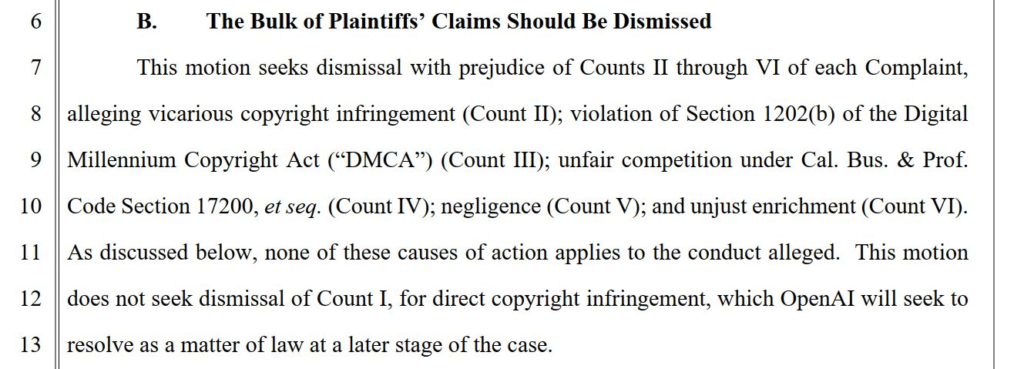
OpenAI’s argument in response to the authors’ claims revolves around the concept of fair use and the interpretation of copyright law in the context of AI development. OpenAI contends that the complaints overlook exemptions such as fair use, which allow for transformative use of copyrighted materials and promote innovation.
The organization emphasizes that copyright law was intended to foster progress in science and the arts, and that AI, including large language models, represents such progress. Therefore, the use of copyrighted texts by AI models could be considered fair use, according to OpenAI.
However, the authors argue that every output generated by OpenAI’s language models constitutes a copyright infringing derivative work, as it is produced without permission from copyright holders. OpenAI counters this by stating that such a broad interpretation of derivative works would stifle AI innovation and is not supported by copyright law.
OpenAI seeks to have most of the claims dismissed, maintaining that only the claim of direct copyright infringement should proceed. The authors are expected to respond to OpenAI’s motion, setting the stage for further legal arguments that will shape the intersection of copyright law and AI development.
